GoatMan
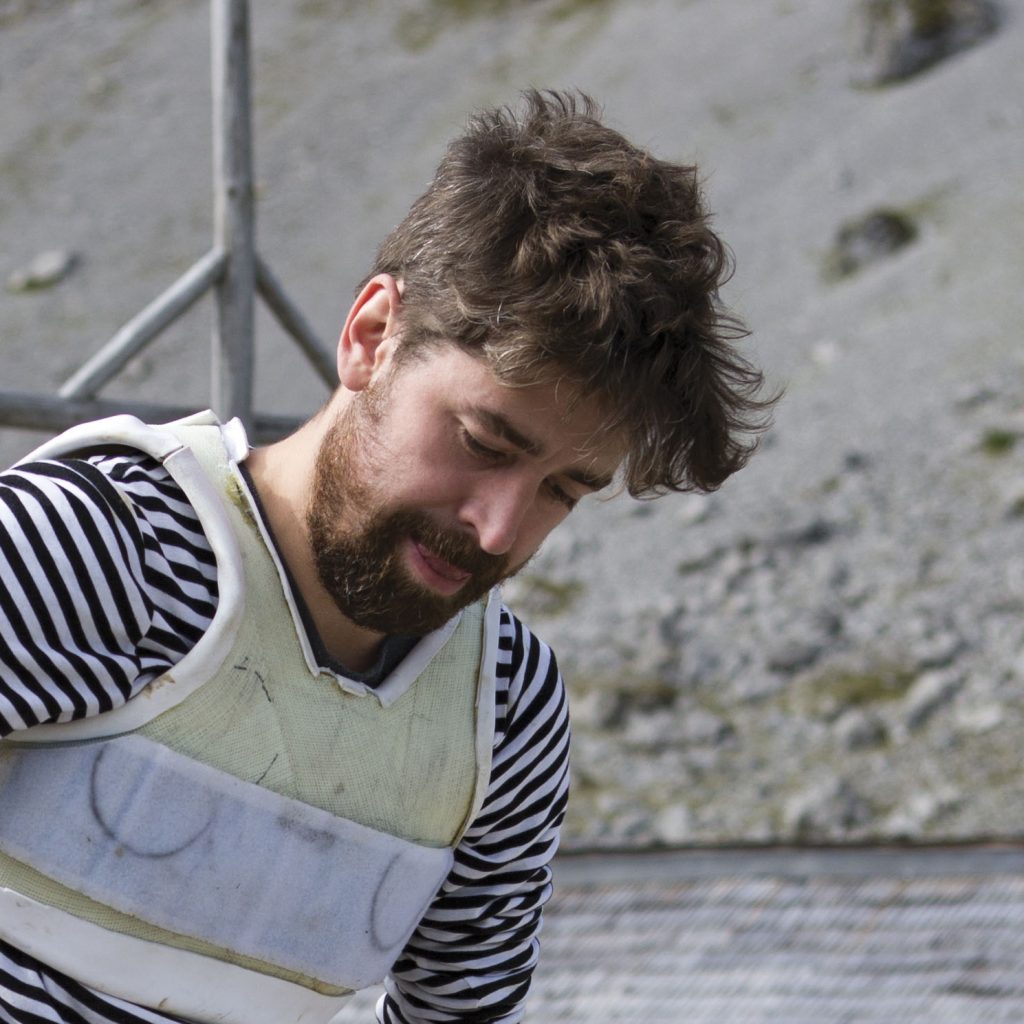
Thomas Thwaites
DESIGNER
Thomas Thwaites is a designer interested in the social impacts of science and technology. He holds an MA in Design Interactions from the Royal College of Art, and a BSc. in Human Sciences from University College, London. His work is in the permanent collections of the Victoria & Albert Museum in London, the Banque De France (Cite de l’Economie in Paris), and the Asia Culture Centre in South Korea. His work is exhibited frequently and internationally at major galleries and museums worldwide, including at the National Museum of China, the Museum of Modern and Contemporary Art in Seoul, the Science Museum (London), the Cooper Hewitt in the USA and La Triennale di Milano (Italy). He has spoken at numerous conferences, including TED and Design Indaba, as well as at universities and businesses worldwide. Press includes features in national newspapers including the New York Times, Sued Detsche and The Financial Times. He has presented a four part television series, aired on Discovery Channel Asia Pacific. He is the author of two books; The Toaster Project, and GoatMan. The Toaster Project documents Thwaites’ attempt to make an electric toaster from scratch. Goatman describes his project to take a holiday from being human by becoming a goat. Both are published by Princeton Architectural Press, and have been translated Korean, Japanese and Norwegian.
MORE INFO:
Goatman began as a project to take a holiday from being human; to escape the stress and worry of being a person in the world with all its moral and practical complexities. There is much to worry about personally and globally, so: wouldn’t it be nice to just trot away from it all and become a goat, free to roam and free from worry?
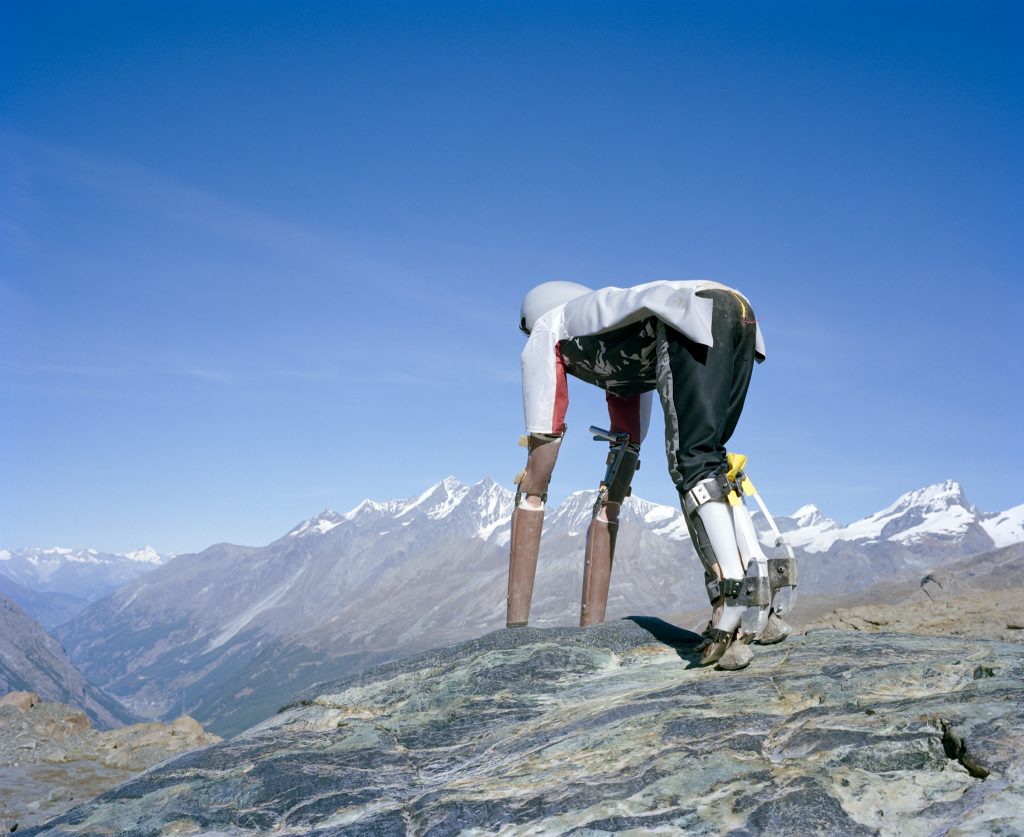
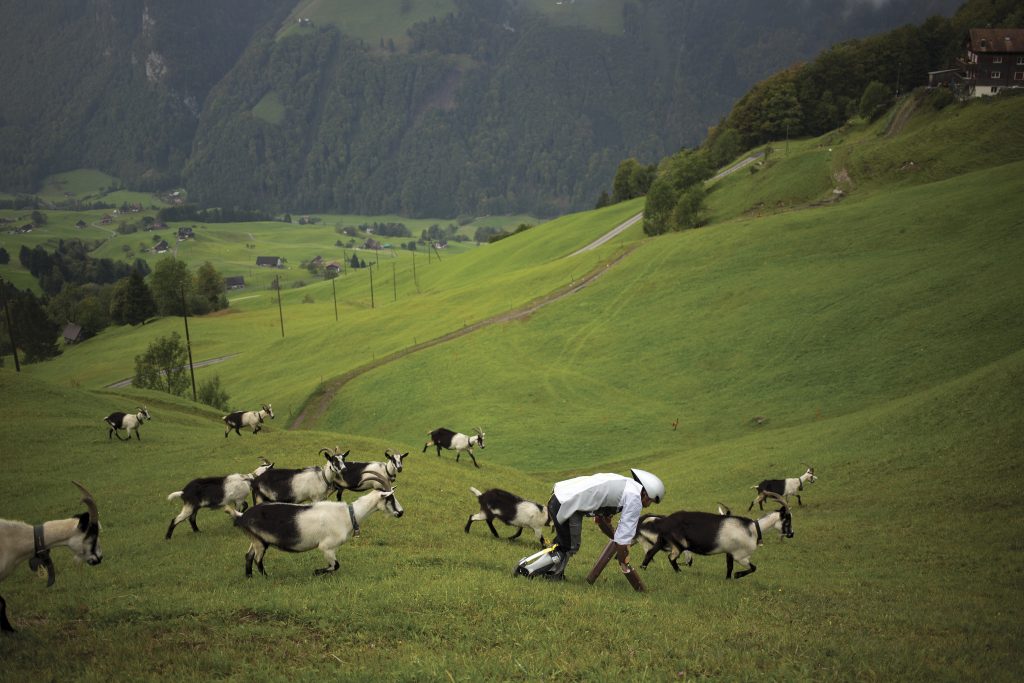
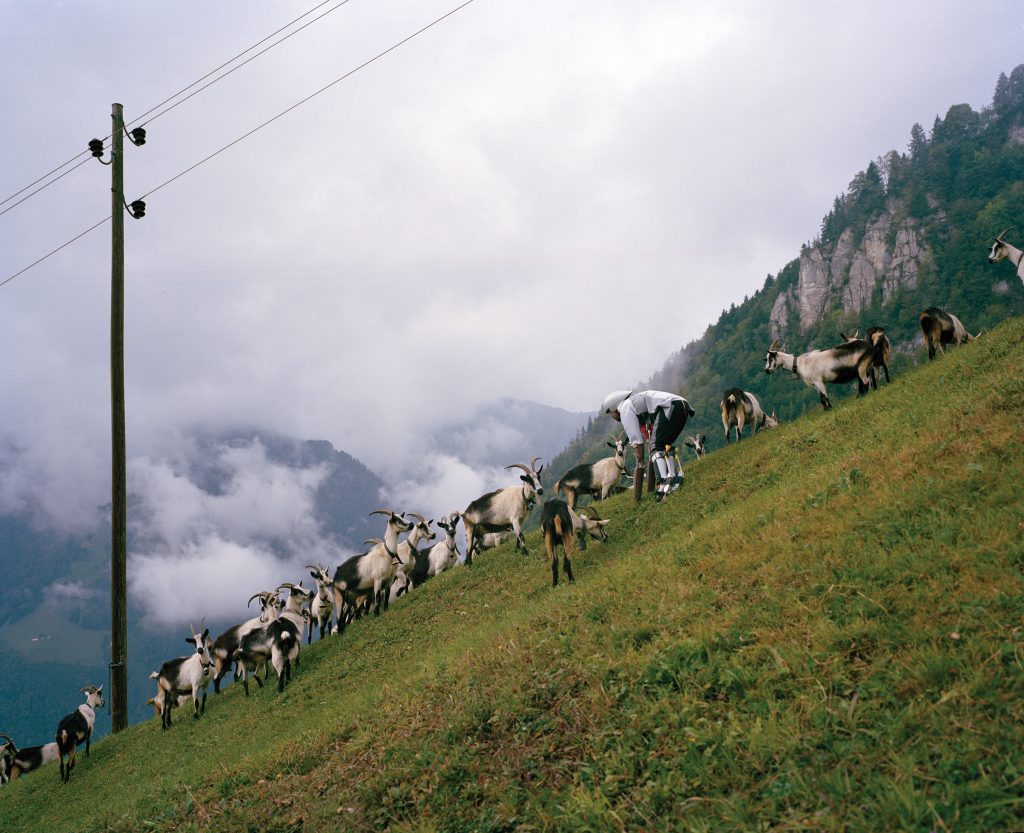
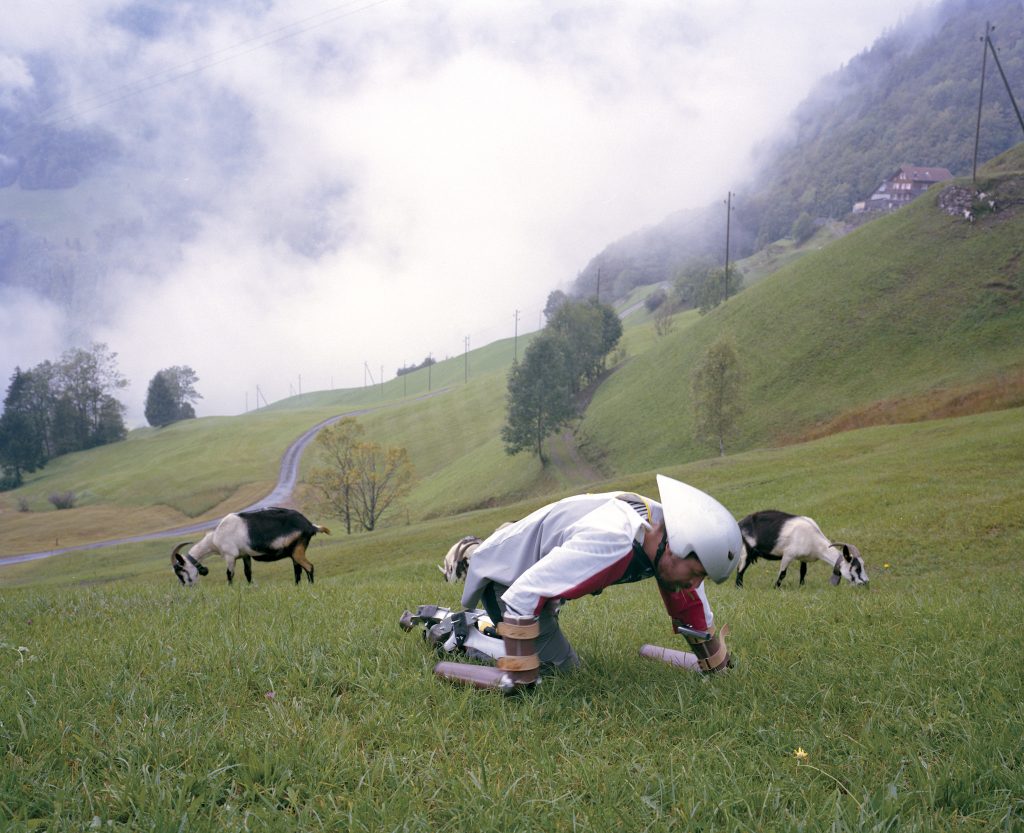
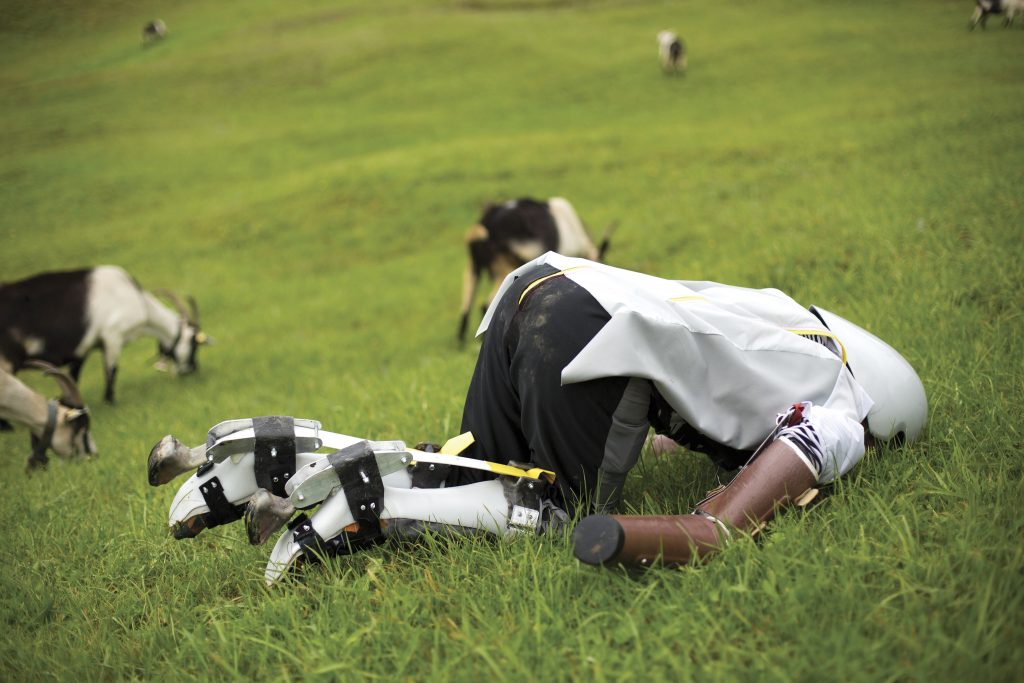
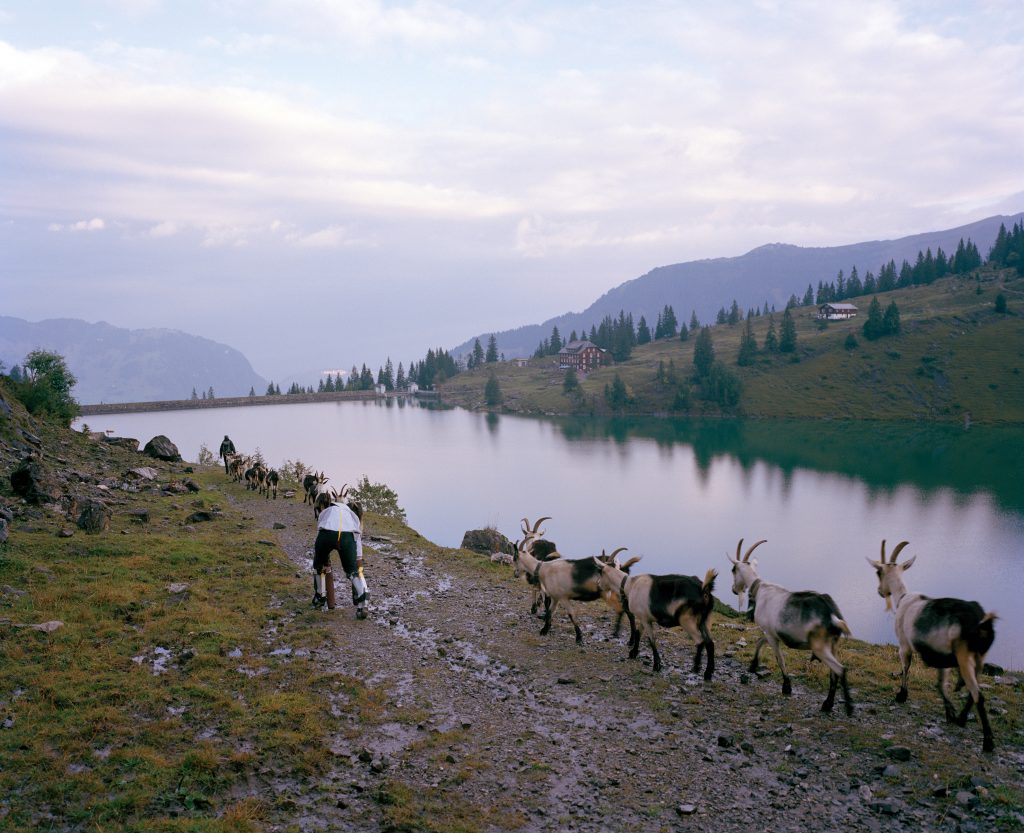
Underlying this desire to become a non-human is an examination of what makes us human: our spinning of stories out of our pasts and our futures, our regrets and our hopes.
But what the project became about for me, is the notion of ‘progress’: the idea that our species/our civilisation is progressing toward something better.
I found trying to become a lowly, humble goat somewhat spiritually uncomfortable: was I trying to go ‘backwards’? This discomfort led me to realise, that although I don’t consider myself religious, I’d been swept up/indoctrinated in a secular grand narrative; the techno-optimist idea that despite a few setbacks along the way, a rationalist liberal high technology culture will ultimately emerge as the end of our history.
Ernest Becker in the Denial of Death (1973), stated ‘we are gods with anuses’: we’re high-tech cyborgs able to transcend so much of our biology, but yet we still must shit, and die. Becker argued it is this cognitive dissonance that drives our need to be part of grand narratives, religious, nationalistic, scientific.
The post-human answer to this paradox is to become fully godlike; to continue developing technology to ultimately sever our dependence on fleshy biology, to cure old age and death, and thus become complete gods (and in the case of ‘mind-uploading’ to literally relieve ourselves from the necessity of having an anus).
But with Goatman, I wanted to enact an alternative route out of our paradox; to remove the godlike part in us. I wanted to come to terms with the idea that there is no ‘human destiny’ that we are all a part of, to stop thinking about ‘the future’ as a kind of destination, to stop striving, to remove humanity from the pinnacle of nature, to expunge Descartes, to present an alternative humble vision of the post-human to aim for: the life of a goat on a hillside.
Should we dream of a future amongst the stars, or should we dream of a future akin to the life of a goat on a mountainside?
